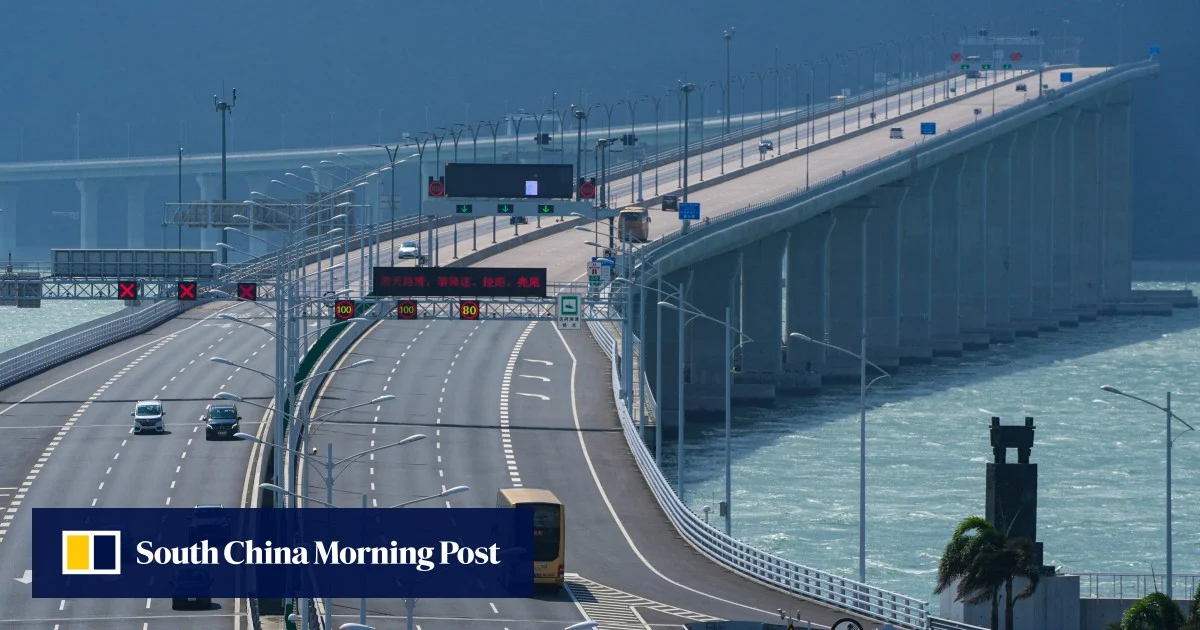Wednesday, June 25, 2025
Business travellers across the United Kingdom, France, and Germany are increasingly choosing high-speed rail over flights as their preferred mode of transport, driven by the desire to maximise productivity, enjoy greater onboard comfort, and support more sustainable travel practices. With the ability to work uninterrupted during journeys, access quieter and more spacious environments, and reduce their environmental footprint, professionals are finding rail travel a smarter and more efficient solution for modern business mobility.
Rail Travel Emerges as Business Travellers’ Productivity Powerhouse Across Europe
Rail travel is increasingly becoming the preferred mode of transport for business travellers across Europe, thanks to its unmatched ability to enhance productivity while on the move. According to a comprehensive survey conducted by American Express Global Business Travel (Amex GBT), professionals in the United Kingdom, France, and Germany are finding train journeys more conducive to work than air or road travel.
The findings, based on responses from three thousand corporate travellers, were presented at the Business Travel Show Europe in London on 25 June. The results highlighted a significant trend: modern professionals are turning to the rails not just for convenience or sustainability, but primarily to maximise efficiency and get more done during transit.
Trains Lead in Work Efficiency While Travelling
An overwhelming ninety-two percent of survey participants reported using travel time on trains to complete professional tasks. Notably, forty-one percent of these travellers indicated they spent more than half of their journey working productively. This makes rail the most effective mode of transport for on-the-go productivity.
When asked why they preferred rail over other forms of transportation, nearly half (forty-seven percent) identified productivity as the key factor. This was followed by comfort at forty-three percent, while sustainability and the opportunity to reflect and strategise each garnered thirty-nine percent.
Enhancing the Rail Travel Experience
Despite the strong preference for trains, business travellers also identified several areas needing improvement. Connectivity remains a major concern, with thirty-four percent of respondents citing inadequate wifi as a barrier to full productivity. A quarter of the travellers reported poor mobile signal and the limited availability of quiet carriages as notable issues. Another twenty-three percent expressed dissatisfaction with the standard of on-board restroom facilities.
Real-time service updates emerged as another key area for development. Only five percent of those surveyed felt they consistently received timely and accurate notifications about delays, platform changes, or other disruptions. This gap in communication can hinder planning and overall travel satisfaction, particularly for time-sensitive work trips.
UK Travellers Push for High-Speed Rail Expansion
UK business travellers appear to be the most supportive of infrastructure advancements such as high-speed rail. Despite setbacks to the HS2 project connecting London and Birmingham, sixty-one percent of UK respondents believe such developments would increase their likelihood of choosing rail for business travel. Furthermore, half of the participants from the UK stated that introducing more competition among rail operators could raise service standards across the network.
International Rail Experience Outshines Domestic Options
More than half of British business travellers (fifty-seven percent) reported a better experience when travelling by train abroad. These positive impressions were largely attributed to faster services and enhanced comfort in carriages found on international routes, particularly in countries like France and Germany.
However, disruptions due to industrial action continue to be a significant concern for rail users in all three countries surveyed. British respondents led this sentiment, with fifty-seven percent noting that strike-related issues influenced their decision to avoid rail. In comparison, the figure stood at fifty-four percent for France and fifty-one percent for Germany.
Digital Enhancements to Boost Rail Travel Appeal
To address current pain points and further elevate the rail travel experience, Amex GBT is rolling out several digital enhancements. These include integrating real-time service alerts directly into the Amex GBT app and introducing visual seat maps for bookings on leading European train operators such as Deutsche Bahn and Ouigo by SNCF.
Additionally, Amex GBT has expanded access to over eighty rail operators through its platforms, making it easier for business travellers to plan and book seamless cross-border journeys. These innovations aim to simplify the complexities often associated with international rail travel and improve service transparency.
Business travellers in the United Kingdom, France, and Germany are opting for high-speed rail over flights to boost productivity, enjoy superior comfort, and travel more sustainably. This shift reflects a growing preference for efficient, eco-conscious, and work-friendly transport.
The Future of Business Travel on Rails
With a growing emphasis on sustainability, comfort, and work-life efficiency, rail travel is positioning itself as the transportation of choice for Europe’s business community. The ability to remain productive during travel, combined with initiatives to modernise rail services and booking systems, is expected to further strengthen rail’s appeal in the coming years.
As digital solutions enhance communication, and infrastructure upgrades reshape the rail landscape, the European business traveller is poised to enjoy faster, more efficient, and more productive journeys—making the train an increasingly strategic asset for corporate mobility.



